Available in your clinic
Not available in your clinic
Face treatments
Body treatments
Rosacea is a chronic inflammatory skin condition that appears first as intermittent redness, then as permanent redness on the central area of the face (cheeks, nose, lower forehead and chin). This condition is caused by an abundance of small dilated blood vessels and it affects more than 3 million people in Canada.
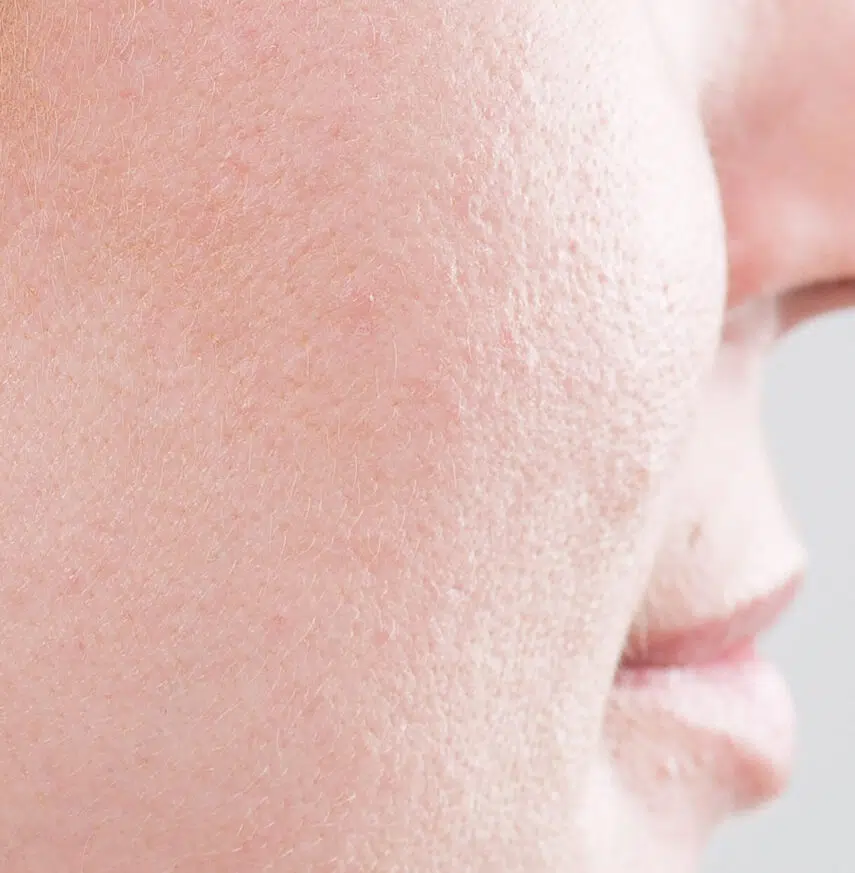
Redness appears occasionally and can be triggered by temperature, hot beverages, exercise, spicy dishes or alcohol, etc.
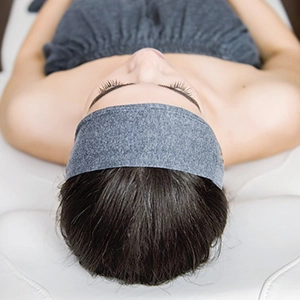
The redness settles permanently in the center of the face. In dermatology, this is known as erythematous telangiectatic rosacea.

If one does not intervene, papules (small, red, and hard bumps) may appear. A burning or tingling sensation can also be felt at this stage known as the inflammatory stage.
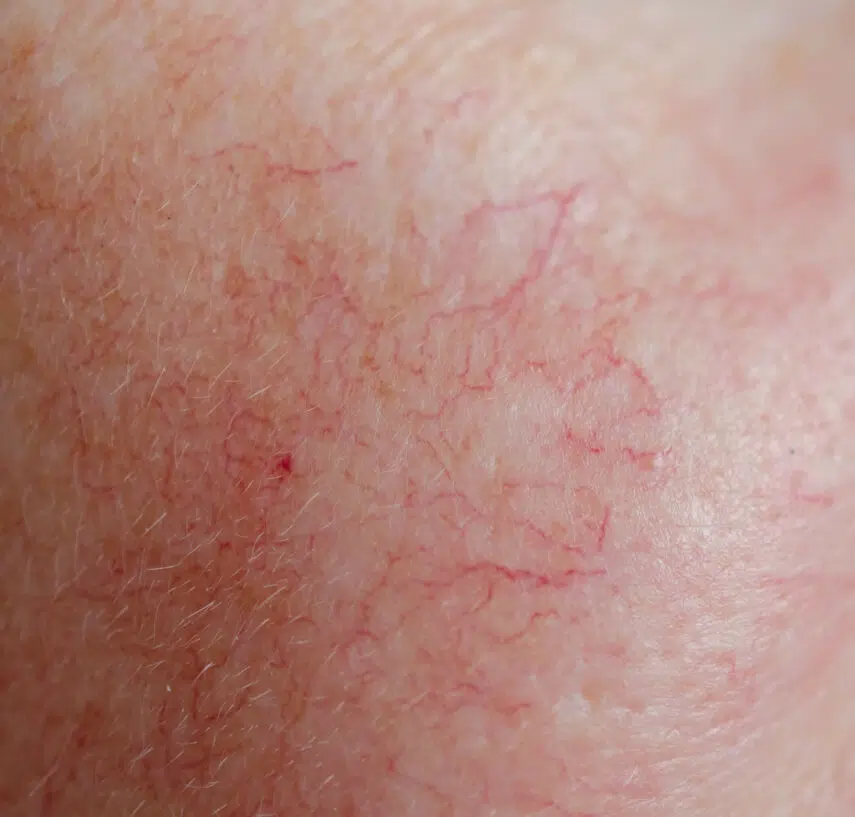
Some smaller, red veins become visible under the skin, while the skin around the nose and cheeks thicken.

In rare cases, severe rosacea – called phymatous rosacea – can lead to the development of rhinophyma – a bulbous enlargement of the nose, most common in men. Rosacea can also be ocular when it is located on the eyelids, conjunctiva and cornea, manifesting itself as red, watery and very dry eyes.
Contrary to popular believe, rosacea is not caused by excessive consumption of alcohol. However, studies have shown that alcohol is one of many triggering factors that can aggravate the condition over time.
The onset of rosacea, more common in women, is a phenomenon that can be triggered or aggravated by the following factors:
Hereditary factors are good indicators for determining whether a person will or will not be affected by rosacea during his or her lifetime. Skin colour (people with lighter skin are more affected) and family history of rosacea and are important factors.
Exposure to UV rays can aggravate the symptoms of rosacea. It is recommended to apply sunscreen with SPF 30 or more during summer and winter. This practice will limit flare ups of the condition.
As soon as the first symptoms appear, it is important to pay attention to the products used on the face. In order not to make the situation worse, cosmetics containing perfume, alcohol, abrasives or other irritating ingredients should be avoided; gentle products are preferred.
Several other factors may influence the onset or aggravation of rosacea – exposure to extreme temperatures, intense physical exertion, stress and drug use (specifically, prescription Cortisone creams and topical acne treatments), and also tobacco use.
Limit sun exposure by wearing clothes that cover the skin, by wearing a hat and sunglasses and applying sunscreen before spending time outdoors during summer and winter.
Avoid, or at least decrease, the consumption of food and beverages that contribute to the dilation of blood vessels such as coffee, alcohol, hot beverages and spicy foods.
Use warm water and a mild, non-scented soap to clean the face. Use moisturizing products regularly and avoid overly greasy cosmetics and oil-based foundations.
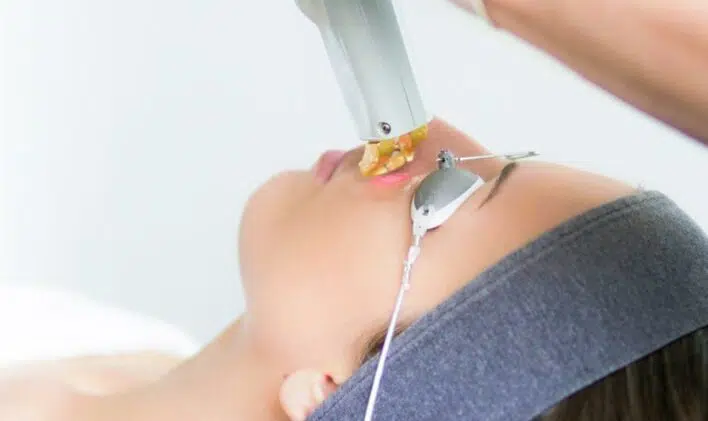
These lasers emit an intense beam of light of a specific wavelength, which targets a type of tissue in the treated part of the body such as blood vessels in the case of rosacea. When the energy beam reaches its target, it is absorbed and transformed into heat, which inactivates or destroys the cells in the targeted region. Any excessive and non-homogeneous colouration is thus eliminated.
The type of laser used depends on the colour of the skin and the nature of the vessels to be treated. An improvement is usually noted following a few sessions.
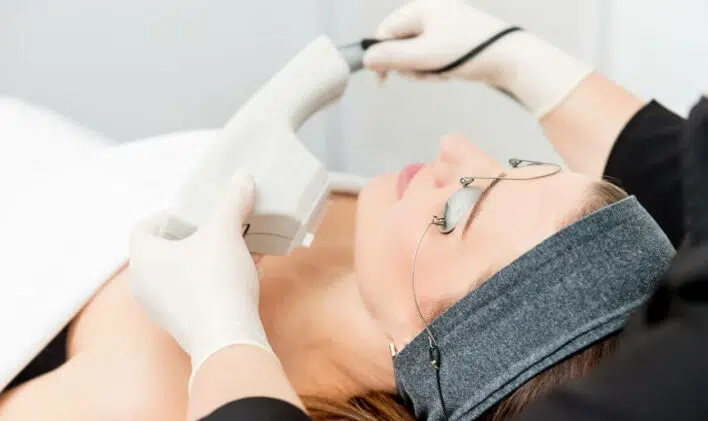
Increasing in popularity for being non-invasive and imparting only a slight feeling of discomfort, IPL Photorejuvenation is delivered by intense pulsed light which is effective in drying out and eliminating small dilated blood vessels causing rosacea. Moreover, the technologies selected by Dermapure also enable the elimination of pigmented spots and rosacea after just a few sessions. Diffused in a series of pulses, the light reaches a depth between 515 and 560 nanometers, ideal for detecting and correcting colour contrasts.
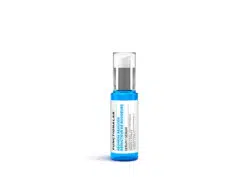
Composed of a unique formula of active ingredients such as lipopeptides, phytosterols, as well as omega-3, -6 and -9, the Redness Reducer serum has been specifically designed to minimize the onset of redness. It is recommended to use it twice daily to refresh the skin, to reduce inflammation and to promote skin recovery following certain clinical interventions, including IPL Photorejuvenation.
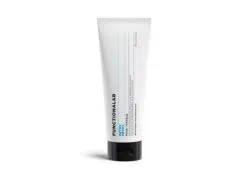
For deep and gentle facial cleansing, the Detox mask is the perfect solution. Containing a unique blend of plant extracts and white clays, the mask soothes the irritation caused by rosacea and refreshes the skin, while Vedrine provides an anti-aging action and optimal hydration.
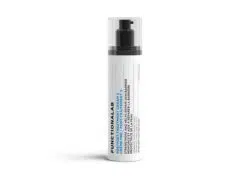
Although it was first developed with the purpose of restoring weakened skin as a result of treatment, the pre-post treatment cream 2 proves to be an effective product to control rosacea and to help the sensitive skin that characterizes it. In fact, this neutral, odourless, moisturizing and protective cream contains an optimized ratio of essential lipids that resolves skin dryness and inflammation of the small blood vessels of the face.
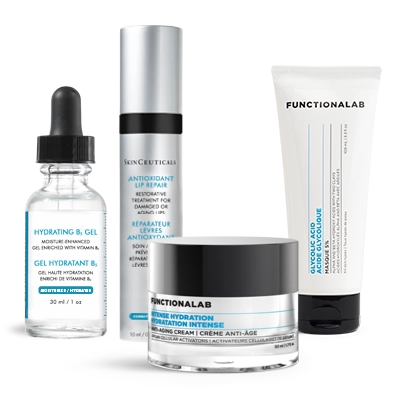
Shop our products for an enhanced beauty routine!
Welcome! ReNue clinic is now Dermapure!
Our commitment remains unwavering. Same clinics, doctors, and staff. Step in with confidence; your well-being is our constant dedication
Welcome! Rosenthal Clinic is now
Dermapure Victoria
Our commitment remains unwavering. Same clinics, doctors, and staff. Step in with confidence; your well-being is our constant dedication
Welcome! Skinposible is now
Dermapure Calgary Chaparral
Our commitment remains unwavering. Same clinics, doctors, and staff. Step in with confidence; your well-being is our constant dedication
Welcome! Viva Medical Aesthetics is now
Dermapure Cowichan!
Our commitment remains unwavering. Same clinics, doctors, and staff. Step in with confidence; your well-being is our constant dedication
Welcome! Dr. Boulous Medical Spa is now
Dermapure Newmarket!
Our commitment remains unwavering. Same clinics, doctors, and staff. Step in with confidence; your well-being is our constant dedication
Welcome! Peause is now
Dermapure Longueuil-sur-le-parc
Our commitment remains unwavering. Same clinics, doctors, and staff. Step in with confidence; your well-being is our constant dedication
Welcome! Bellissima Medical is now
Dermapure Dieppe!
Our commitment remains unwavering. Same clinics, doctors, and staff. Step in with confidence; your well-being is our constant dedication
Welcome! RevitalizeMD is now
Dermapure West Edmonton!
Our commitment remains unwavering. Same clinics, doctors, and staff. Step in with confidence; your well-being is our constant dedication